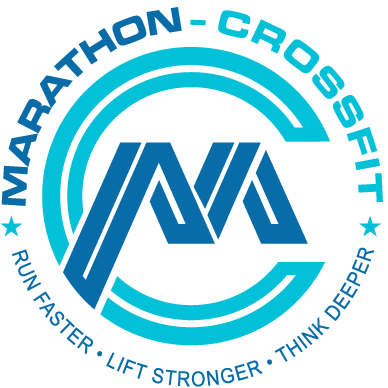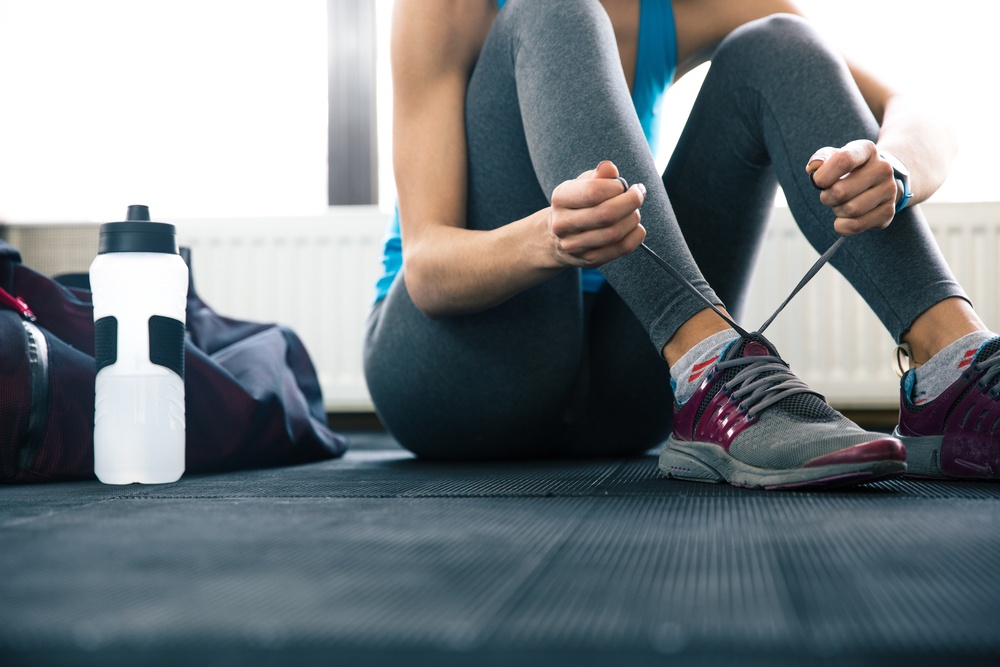Fitness When to rest
This is a quick holistic view of rest based on my experience with clients and advice from the best in the Industry for running and lifting. Let me know in the comments if you need support.
Who are you
Resting periods are depending on several factors. The most important ones are your
Age
Weight
Diet
Fitness level
Intensity of exercise
Nutrition
Sleep patterns
Stress levels
Even though these are very basic principles they are often forgotten as most of the material out there is aimed at young men and women.
Your age influences your recovery time. All other things being equal an older individual will take longer to recover than someone who is younger. The easiest way to compensate this is going easier on the intensity of your sessions until your fitness level improves.
As with your age same applies to your weight. A person who does the same things and takes in the same food but weighs more than another will need more recovery as more energy is expended in performing the tasks. Depending on whether you do not want to rest longer and you are not obese a good diet can help to shorten the rest periods you need. More extreme options are supplements like creatine, caffeine, fish oil, multivitamins and other products you will be provided with by companies such as Myprotein, optimum nutrition, Qi2, and bodyattack.
As we are already talking about supplements diet Is a big factor in how much rest you need. The less you eat the more rest you should calculate between different fitness sessions. Your recommended intake depends on your height, weight, age, and goals. If you are deliberately taking in less to lose weight make sure it is reflected in longer rest periods if your workouts stay at the same frequency and intensity. If you want to keep the same rest periods and same training frequency lower the intensity of your workouts by going slower or with less resistance.
Your general fitness level is also to be considered in regards to rest. The higher your overall fitness level, the less rest you will need at same intensity and frequency as your body has adapted already. In addition recovery rates, metabolic efficiency and effectiveness and injury resistance are higher in fitter athletes. There are many ways to test your fitness like the Cooper test, fitranx, VO2 max ore your powerlifting total. If you want to keep the same rest periods and you are very fit you might be able to crank up the intensity of your training to progress faster. The reverse is true in case you have not trained or never played sports. Then Your low fitness level has to treated as something that slows you down until you improve.
Even if you are very strong and blessed with high levels of endurance you will need longer rest periods at high levels of intensity. This also holds true for all fitness levels in relation. After your first 10k run or a one repetition maximum test taper for a week and take the intensity down to 30 to 50 percent of what you would normally do.
In my case, I always rested for a week after my three marathons and took considerable deloads after a one repetition maximum attempt by changing my program.
What is your schedule
Rest also depends on your life. There are times when you are very busy, traveling, attending family occasions and get children.
Based on these events and when they occur plan your rest periods in a way that they coincide with periods in which you can not train a lot anyway.
For me, this means that I keep the weekends for rest when I do not travel for business and rest during the week to train through Friday to Monday when I travel. I found the planning for this to work best at the beginning of the week.
Rest periods
As outlined before this highly depending on many factors. To keep it simple as a beginner one day of being active alternated with one day of rest usually yields very good results independently of the activity you pick.
Once you get to an intermediate level and more ambitious you can train five to six days a week. Here it is important to put yourself under different kind of stresses. Runners should avoid back to back interval training or long runs and keep them a week apart. Lifters should split their routines into upper and lower body and push and pull movements. At the time you have reached the intermediate level you usually need a week recovery from a specific type of stress while rotating different building blocks intra week.
The advanced athlete will use a long list of different exercises to keep fit. Here on season and offseason have to be considered. Also, the training will be geared towards a weekly, quarterly or yearly peak depending on when games and competitions are.
The most planning and attention to detail to rest has to be paid by the intermediate athlete. In this phase of your training, you will not recover fully within a day and also stimulate different parts of your body for different purposes at the same time. Compared to the advanced athlete you will not have built the experience with your body and likely not have access to a professional coach who will do the thinking for you.
Most readers of this blog will fall into the beginner or leisure bracket. Keep it simple and alternate active days with rest days. Keep the weekends free. Three sessions a week which are planned with purpose are enough to stay healthy.
If you want programs that already have done the thinking for you I recommend Hal Higdon's running programs for long distance runners. If you are into strength try stronglifts 5x5 or starting strength for beginners and wendler 531, Texas or the juggernaut method for intermediates.
Which weekday
Tuesdays, Thursdays, and Saturdays are recommended. This will leave you with the least busy days in the gym on three times a week schedule based on my experience in Germany, Ireland and the U.K.
Conclusion
Rest is important and often overlooked when it comes to fitness. As with everything sticking to good habits is simple but hard. Beginners will find themselves in the best balance between recovery and be active by alternating on a daily basis. Once you pass this stage leave a week between stresses of the same kind. Advanced athletes should consult their coach when they feel drained and performance suffers to find a way to recover faster and smarter.
Further reading
- Can fitness be a hobby
- Can fitness change your life
- Can fitness trackers cause cancer
- Can you improve your fitness in a week
- Fitness Where to begin
- Fitness Where to start
- Fitness when ill
- Fitness when to cut
- How sleep impacts athletic performance
- Human growth hormone and sleep
- Is it true that poor sleepers gain more weight?
- What fitness goals should i set
- What fitness is best for me
- Which fitness class is right for me
- Which fitness trainer certification is best
- Why fitness trackers are useless
- Why fitness matters to me


